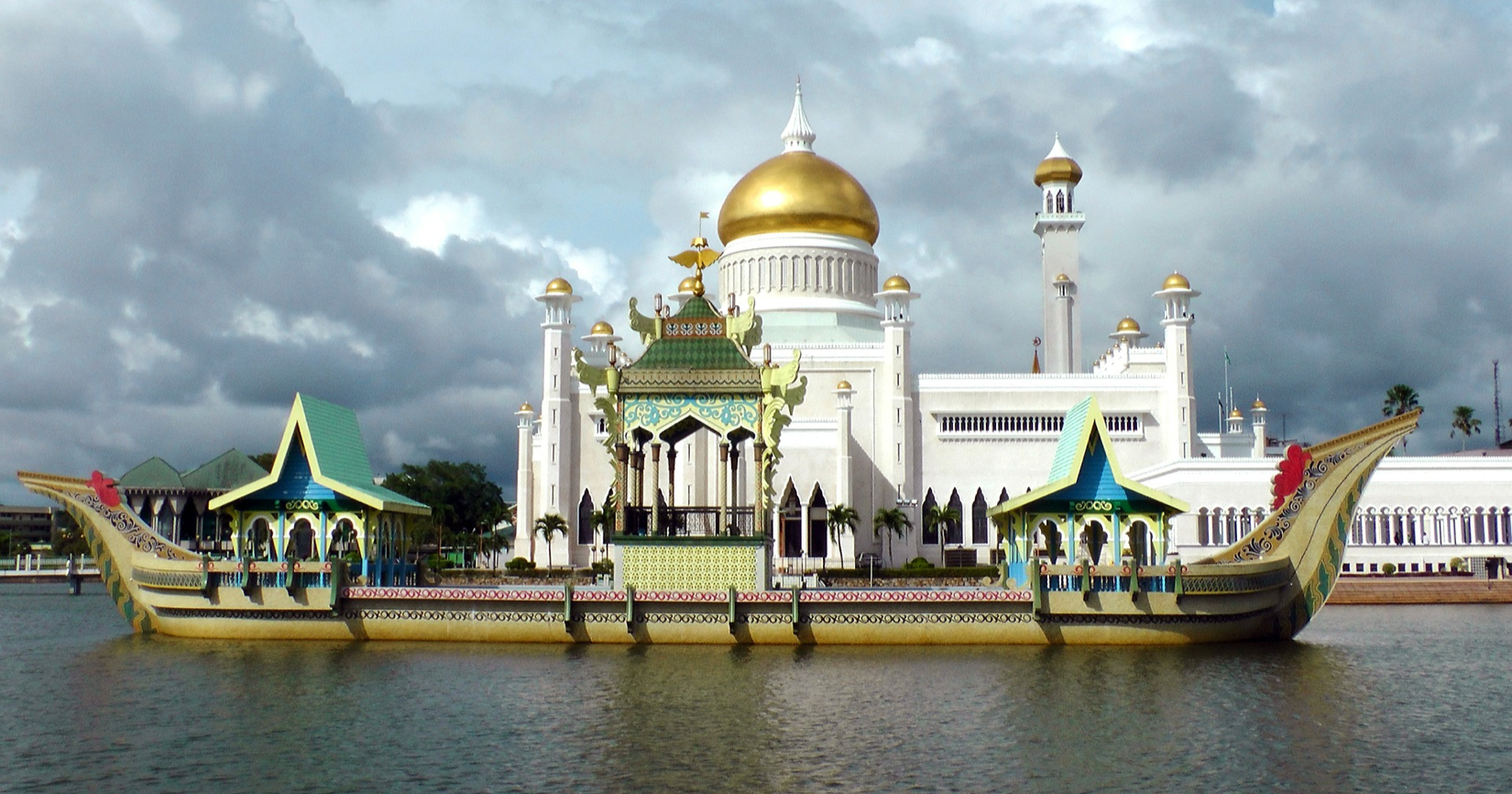The revamp of the Kingdom of Brunei Darussalam's Syariah Penal Code will come into force on April 3, 2019.
Under the changes to the law, punishments for certain offences will come into force, including:
- Capital punishment by stoning for homosexual acts
- Capital punishment by stoning for adultery
- Amputation of hands or feet for robbery
Unlike other majority-Muslim countries such as Indonesia or Malaysia, Brunei is the first country in Southeast Asia to introduce a Syariah penal code at the national level.
Amnesty International announcement
The changes to the penal code were first brought up in 2014.
However, they will come into force in April 2019, according to a notice posted on the website of Brunei's Attorney-General on Dec. 29, 2018.
The notice recently attracted global attention following a news release from human rights organisation Amnesty International on March 27.
Although some of these offences only apply to Muslims, such as apostasy, it appears that the punishments for homosexual activity and robbery could also apply to non-Muslims or foreigners.
New laws apply to non-Muslims and foreigners
According to a travel advisory posted by the Australian government's Department of Foreign Affairs and Trade:
"From 3 April 2019 the full sharia penal code (law) takes effect in Brunei. It applies to Muslims, non-Muslim and foreigners even when on Brunei registered aircraft and vessels.
Under this code some offences can attract physical punishment while others attract executions. Offences that attract the death penalty include blasphemy, sodomy, adultery, rape and murder."
The Department also includes a list of acts considered offences under Brunei's laws.
High burden of proof required
However, scholars of Syariah law have pointed out that historically, a high threshold of evidence is required before sentencing an offender with the hudud, or punishments, under Syariah law.
Under Brunei's penal code, multiple Muslim witnesses will have to be present in order for a conviction.
In practice, judges usually have broad discretionary powers in avoiding hudud sentences, and severe punishments were rarely carried out.
This was also highlighted by Brunei officials back in 2014.
Top image from Pixabay.
If you like what you read, follow us on Facebook, Instagram, Twitter and Telegram to get the latest updates.
